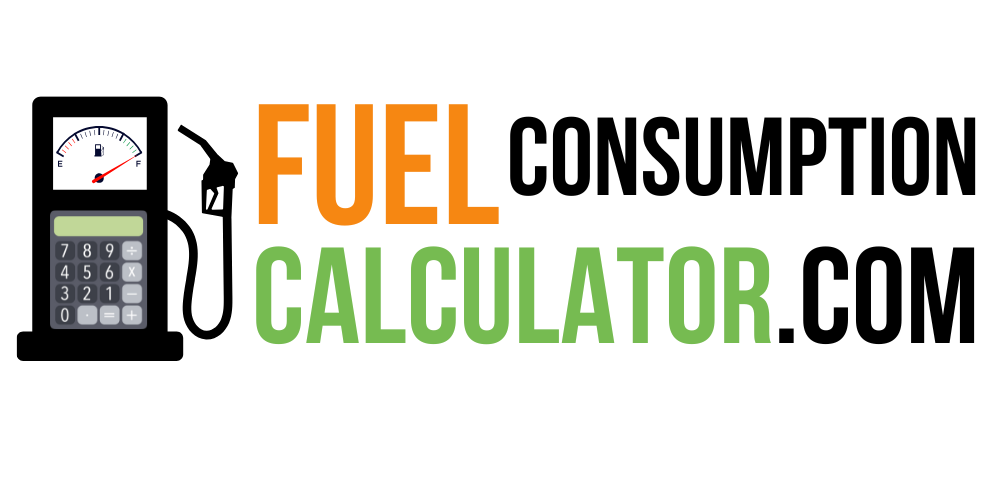Engine power, measured in brake horsepower (BHP), plays a crucial role in vehicle performance. But many drivers wonder about its relationship with fuel consumption.
In this comprehensive guide, we’ll explore how BHP affects your vehicle’s fuel efficiency and what this means for your driving costs.
📌 Quick Answer:
Yes, BHP (brake horsepower) directly affects fuel consumption. Generally, higher BHP engines consume more fuel because they require more energy to produce greater power output.
However, the relationship isn’t always linear and depends on factors like driving style, vehicle weight, and engine efficiency.
Contents
Understanding BHP and Its Basic Function
Brake horsepower represents the engine’s raw power output before any power losses through the transmission and drivetrain. This measurement tells us how much mechanical power the engine can produce, which directly influences:
- Acceleration capability
- Top speed potential
- Towing capacity
- Overall vehicle performance
The Relationship Between BHP and Fuel Consumption
Direct Correlation
Higher BHP typically means:
- Larger engine displacement
- More fuel needed per combustion cycle
- Greater air intake requirements
- Increased overall energy demand
Influencing Factors
Several factors affect how BHP impacts fuel consumption:
- Engine Design
- Modern engines with higher BHP can be more efficient
- Turbocharging technology can provide better power-to-efficiency ratios
- Direct injection systems optimize fuel delivery
- Vehicle Weight
- Heavier vehicles require more power to move
- Higher BHP engines often come in heavier vehicles
- Power-to-weight ratio affects overall efficiency
- Driving Style
- Aggressive acceleration uses more fuel
- Higher speeds require more power
- Constant high-power demands increase consumption
Real-World Examples and Comparisons
Small vs. Large Engines
- 1.0L engine (100 BHP): ~45-50 mpg
- 2.0L engine (200 BHP): ~35-40 mpg
- 3.0L engine (300 BHP): ~25-30 mpg
Note: These figures are approximate and vary by manufacturer and model.
How to Optimize Fuel Efficiency in High BHP Vehicles
Best Practices
- Maintain steady speeds
- Avoid rapid acceleration
- Use cruise control on highways
- Keep tires properly inflated
- Regular maintenance schedule
Modern Technology Solutions
- Cylinder deactivation
- Start-stop systems
- Eco driving modes
- Advanced aerodynamics
The Future of BHP and Fuel Efficiency
Modern engineering continues to push the boundaries of power and efficiency:
- Hybrid powertrains
- Electric turbocharging
- Variable compression ratios
- Advanced materials reducing weight
Making an Informed Decision
When choosing a vehicle, consider:
- Your typical driving needs
- Local fuel costs
- Environmental impact
- Performance requirements
Finding the Right Balance
The ideal BHP for your vehicle depends on:
- Primary vehicle use
- Driving conditions
- Budget constraints
- Personal preferences
Conclusion
While BHP generally has a direct impact on fuel consumption, modern technology has made it possible to achieve higher power outputs with reasonable efficiency. Understanding this relationship helps make informed decisions about vehicle selection and driving habits to optimize both performance and fuel economy.

Hi, I’m Sufiyan, the developer behind this platform. I created FuelConsumptionCalculator.com to simplify fuel tracking for everyone — because understanding your vehicle shouldn’t require a degree in mechanics. I’m always working on adding more tools and content to make this site even more useful

